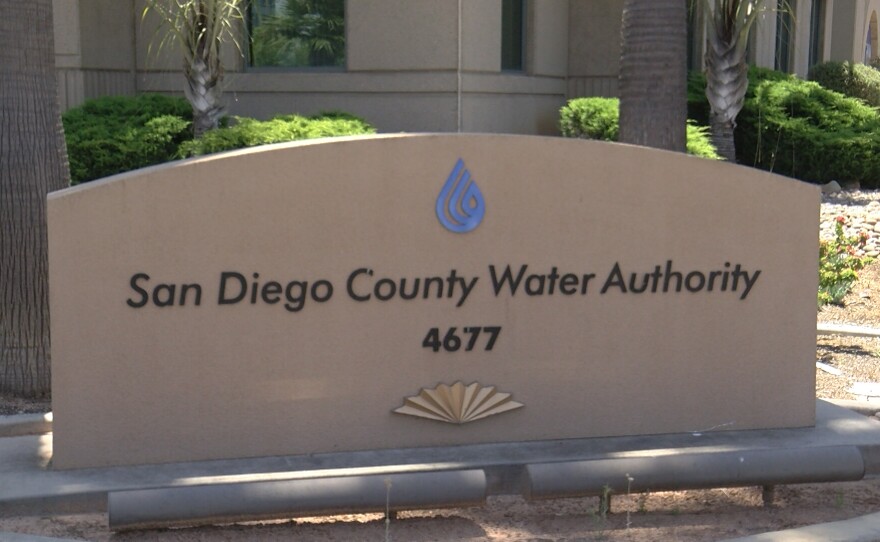San Diego County residents were warned to be vigilant for imposter water agency "workers" knocking on doors and requesting entry to homes to test water quality or making sales pitches, the San Diego County Water Authority announced Tuesday.
According to the authority, similar scams pop up every few years. A spate of incidents has been reported by several water agencies across the region in recent weeks, including in San Diego, South County and East County.
"The Water Authority and its 23 member agencies are not responsible for water testing or repairs inside private homes and rarely have reason to ask for entry," a statement from the regional agency read. "Water agencies also typically don't sell or endorse commercial products."
According to the statement, legitimate water agency employees are always in uniform, carry an identification badge and typically drive a clearly marked agency vehicle.
Utility scams can take many forms, including requests for bill payment with a credit card, demands that residents buy certain water treatment products and sales pitches for water line insurance.
Imposters can go door-to-door or operate by phone. They may work in pairs, with one person talking to a resident while another cases the home for valuables, the agency said.
"Residents are urged to turn away anyone claiming to be a water utility employee who appears at their home without an appointment and requests to enter, solicit information or payment," the statement read. "Concerns about potential fraud should be reported to a customer's local water agency."







